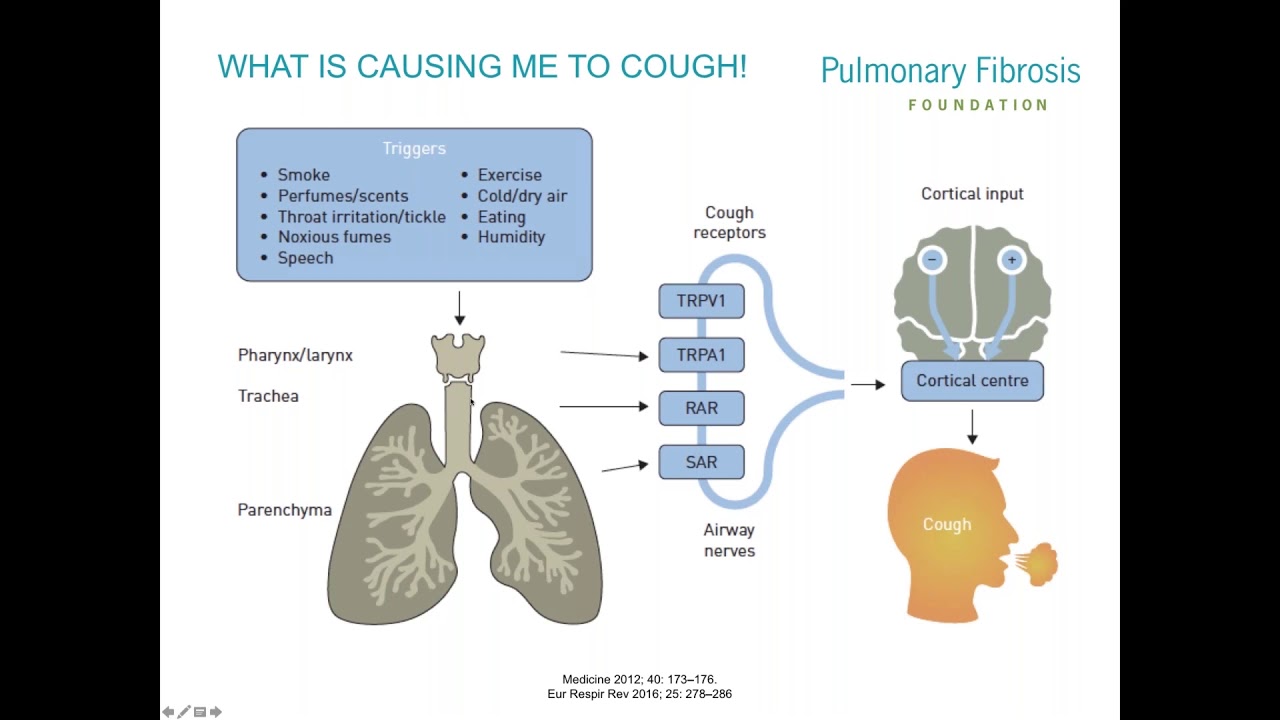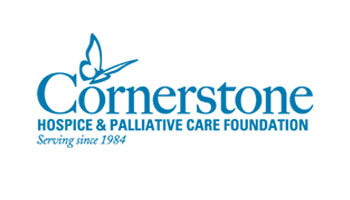
Perhaps you've noticed that a loved one or you are experiencing memory loss. You can use a variety of tests to assess cognitive and memory function, attention problems, and problem-solving skills. These tests can only be done by a doctor. It will help you determine if your loved is suffering from any symptoms of dementia. These tests can be used by a doctor to rule out any other medical conditions like anaemia, vitamin deficiency, or kidney or liver problems.
The Mini-Mental State Examination is one of the most commonly used tests to diagnose dementia. It consists of 11 cognitive tests that assess memory, thinking and other aspects. This test is available at your doctor's offices. Depending on your specific medical condition, you may be referred to a specialist for more thorough tests. A specialist will perform the same assessment as a general practice, but they will take more detailed notes.
Your doctor may also order blood and urine testing to check for nutritional deficiencies. Precivity AD blood tests can detect changes in amyloid levels. This protein is associated with a greater risk of Alzheimer's.

Brain imaging techniques can also check for brain tumors, bloodclots and structural problems. Certain scans can show patterns of brain tissue destruction, which could indicate stroke or other vascular diseases.
A promising new tool to assess patients suffering from memory and thinking impairments is blood testing. However, these tests must be conducted in a controlled manner, and they are not yet standardized. However, more research is needed before they are routinely used at medical clinics.
It is possible to determine whether you are at high-risk for dementia by taking the time to review your medical history and family history. Your doctor will ask you many questions about your personal and professional life, including your current health status, recent illnesses, as well as your personal finances. To help assess your ability recall and process information, the physician may ask you to perform mental exercises.
You may be referred to a specialist or memory care clinic by your physician in addition to these tests. Although it can be frightening to visit a specialist, this will give you a thorough evaluation of your condition. Additional tests may be required, such as the 7-minute screening (7MS). This screening test is meant to detect signs of mild cognitive impairment. It should be accompanied by other testing to ensure that your physician has an accurate diagnosis.

Do not delay in seeking treatment if you or your loved one experience any symptoms of dementia. There are several new treatments being researched for dementia. The best treatments for dementia are medication and physical therapy.
FAQ
What does "public", in the context of public health, mean?
Public Health refers to the preservation and enhancement of the health status of the community. Public Health is about preventing illness, injury, and disability; encouraging good health practices; ensuring adequate food; and controlling communicable disease, environmental hazards, behavioral risks, and other threats.
What are the three types of healthcare systems?
First, the traditional system in which patients are given little control over their treatment. They visit hospital A if they are in need of an operation. But otherwise, it is best to not bother as there is little else.
The second system is a fee-for-service system where doctors earn money based on how many tests, operations, and drugs they perform. If you don't pay them enough, they won't do any extra work, and you'll pay twice as much.
The third system is a capitation system which pays doctors according to what they actually spend on care rather than by how many procedures they perform. This encourages doctors not to perform surgery but to opt for less costly treatments like talking therapies.
What do we need to know about health insurance?
Keep track if you have any health insurance. Ask questions if you are unsure about your plan. Ask your provider for clarification or contact customer service if you are unsure.
When you are using your insurance, be sure to take advantage the deductible that your plan offers. Your deductible determines how much you have to pay before insurance will cover the rest.
Who owns the healthcare network?
It all depends upon how you see it. Public hospitals might be managed by the government. Private companies may run private hospitals. Or a combination.
What do you think about the private sector's role?
Healthcare delivery is a critical task for the private sector. The private sector provides some equipment for hospitals.
It also pays for some of the staff who work in hospitals. It makes sense that they should be involved in the management of the system.
But there are limits to what they can offer.
It is not always possible for private providers to compete with government services.
They should not try to run the whole thing. This could lead to a system that doesn't provide good value for money.
Statistics
- Healthcare Occupations PRINTER-FRIENDLY Employment in healthcare occupations is projected to grow 16 percent from 2020 to 2030, much faster than the average for all occupations, adding about 2.6 million new jobs. (bls.gov)
- Foreign investment in hospitals—up to 70% ownership- has been encouraged as an incentive for privatization. (en.wikipedia.org)
- The health share of the Gross domestic product (GDP) is expected to continue its upward trend, reaching 19.9 percent of GDP by 2025. (en.wikipedia.org)
- Over the first twenty-five years of this transformation, government contributions to healthcare expenditures have dropped from 36% to 15%, with the burden of managing this decrease falling largely on patients. (en.wikipedia.org)
- Price Increases, Aging Push Sector To 20 Percent Of Economy". (en.wikipedia.org)
External Links
How To
What are the Key Segments in the Healthcare Industry's Industry?
The major segments of the healthcare sector include diagnostics, pharmaceuticals, diagnostics and biotechnology, as well as therapeutics, health IT, medical equipment and medical devices.
Blood pressure monitors, defibrillators and stethoscopes are all medical devices. These products are used to diagnose and prevent or treat disease.
Pharmaceuticals are medicines that are prescribed to cure disease or relieve symptoms. Some examples include antihistamines and antibiotics.
Diagnostics are tests done by laboratories to determine illness or injury. These include blood tests, urine samples and CT scans.
Biotechnology refers essentially to the use of living organisms (such bacterium) to create useful substances which can be used by humans. You can find examples such as vaccines, insulin and enzymes.
Therapeutics are treatments administered to humans to treat disease or relieve symptoms. They may include drugs, radiation therapy, or surgical interventions.
Computer software programs used to manage patient records and medical information technology are part of health information technology. It helps doctors track what medications are being taken and when they should be taken.
Anything used to diagnose or treat illnesses and conditions, such as diabetes, is medical equipment. Dialysis machines, pacemakers and ventilators are just a few examples.